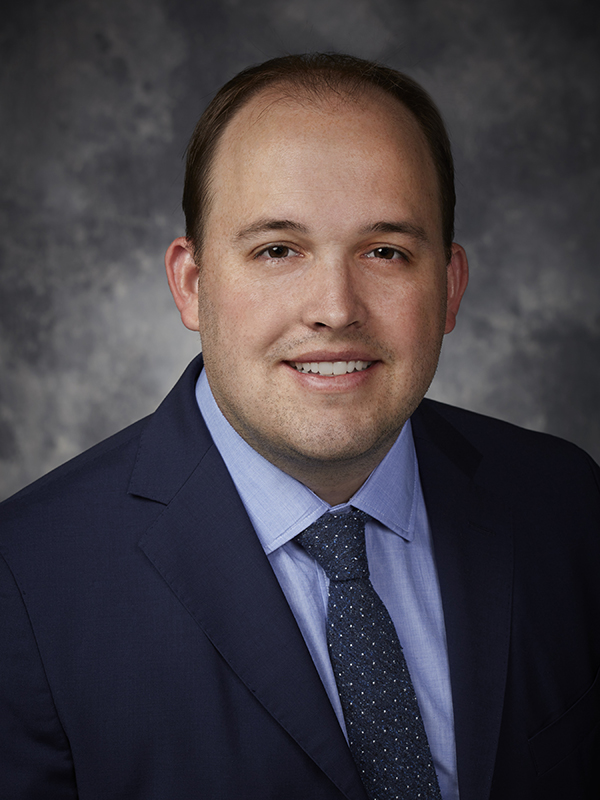
Dr. Tyler Summers
Dr. Tyler Summers, an assistant professor of mechanical engineering in the Erik Jonsson School of Engineering and Computer Science, has been awarded a $350,000 grant to study the best ways to connect sensors and actuators into networks.
The grant was awarded through the U.S. Army’s Young Investigator Program.
Summers said that an increasingly networked world has led to many new sensing technologies that provide unprecedented data streams from important complex systems, such as a power grid or urban transportation networks.
“We have new actuation technologies that are allowing us to manipulate these systems with more precision than ever,” Summers said. “With such technology, we are looking at how to intelligently coordinate feedback controllers in these systems to make them more efficient, resilient and robust.”
The Young Investigator Program award is one of the most prestigious honors bestowed by the Army to outstanding scientists who are beginning their independent careers. The program is designed to identify and support talented scientists and engineers who show exceptional promise for doing creative research in order to encourage their teaching and research careers.
Summers’ work is intended to contribute foundational insight into network controllability and observability in terms of fundamental notions of feedback, robustness and information structure. The research involves two, historically independent research areas: control systems and network science. He is working to merge techniques from the two fields.
“The focus of the research is on these fundamental ideas of how one relates the network structure to the difficulty of controlling dynamics within that network,” he said.
Summers said the three-year grant could facilitate numerous applications. For the military, future missions are going to involve teams of autonomous robots on the ground and in the sky. He said it will be essential for the unmanned robots to cooperate with other robots and humans.
“There may be a team of humans together with many unmanned aircraft and mobile ground robots — all of which can move autonomously. But their motions and actions must be coordinated to get the most information and best implementation of tasks,” Summers said.
“We have new actuation technologies that are allowing us to manipulate these systems with more precision than ever. With such technology, we are looking at how to intelligently coordinate feedback controllers in these systems to make them more efficient, resilient and robust.”
Dr. Tyler Summers,
assistant professor of mechanical engineering at UT Dallas
The research also could shed light on how to control teams of self-driving automobiles, where cars may eventually coordinate with one another and transportation infrastructure to reduce congestion and avoid collisions. Similarly, it also could facilitate the integration of teams of drones into national airspace for applications such as package delivery.
Another application could be power grids.
“You have a huge network of generators and loads and sensors, where the actions of all these devices must be coordinated so that grid reliability can be preserved while optimizing efficiency,” Summers said. “Power grids are becoming more difficult to control due to many factors, such as the integration of large amounts of variable renewable energy, and the research can quantify these effects and provide strategies for mitigation.
“We believe that the ultimate test in understanding lies in our ability to control networks to produce desired behaviors in the face of uncertainty and adversarial influences. This research can have far-reaching impacts across systems and technologies critical to the mission of the U.S. Army, as well as in commercial applications,” he said.
Dr. Mario Rotea, head of the mechanical engineering department and Erik Jonsson Chair, said Summers joins a cadre of talented young researchers and educators who are developing foundational work of importance to the Department of Defense.
“Tyler’s work addresses fundamental issues to better understand how to architect a network to extract useful information and provide effective network control capabilities. Understanding these issues will enhance our ability to develop autonomous systems and smart electric power grids, which are applications Tyler has on his radar screen,” he said.